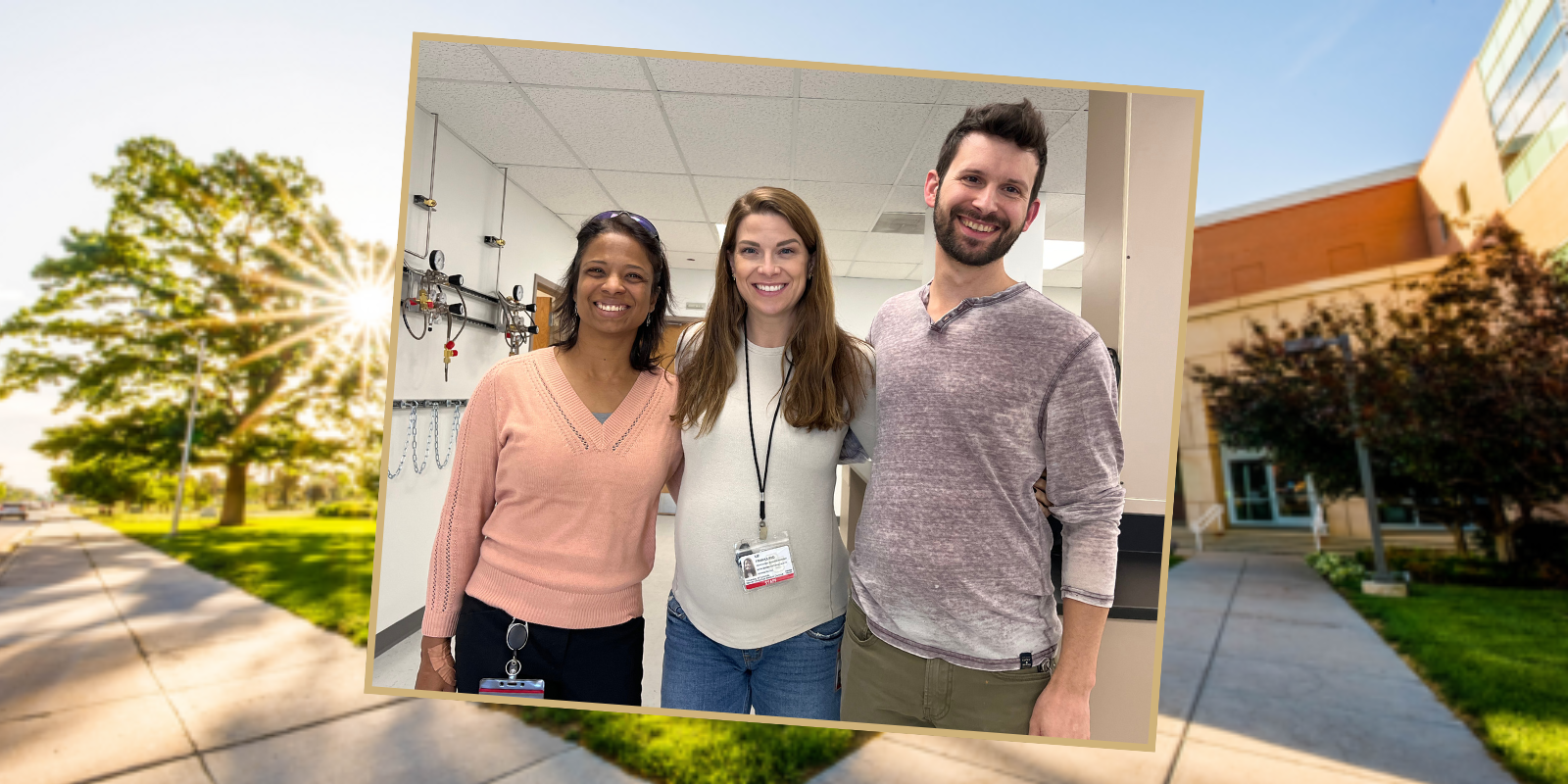AURORA, Colo. (Sept. 2, 2014) – A team of scientists from the University of Colorado School of Medicine has reported the breakthrough discovery of a process to expand production of stem cells used to treat cancer patients. These findings could have implications that extend beyond cancer, including treatments for inborn immunodeficiency and metabolic conditions and autoimmune diseases.
In an article published Aug. 29 in PLOS ONE, researchers from the Charles C. Gates Center for Regenerative Medicine and Stem Cell Biology and Taiga Biotechnologies, Inc. said they have uncovered the keys to the molecular code that appear to regulate the ability of blood stem cells to reproduce and retain their stem-like characteristics.
The team developed protein products that can be directly administered to blood stem cells to encourage them to multiply without permanent genetic modifications.
“Use of stem cells to treat cancer patients who face bone marrow transplants has been a common practice for four decades,” said Yosef Refaeli, PhD, an associate dermatology professor and one of the study’s lead scientists. “The biggest challenge, however, has been finding adequate supplies of stem cells that help patients fight infection after the procedure.”
Gates Stem Cell Center Director Dennis Roop, PhD, recognized the magnitude of the team’s work.
“Researchers have long attempted to increase the number of blood stem cells in a lab,” Roop said. “Most of those approaches have been limited by the nature of the resulting cells or the inadequate number of cells produced.”
The technology described in the PLOS ONE article has worked with blood stem cells obtained from cord blood, adult bone marrow or peripheral blood from adults.
“The ability to multiply blood stem cells from any source in a dish will be critical for adoption of this new technology in clinics,” said Brian Turner, Ph.D., MHS, Taiga Biotechnologies’ chief scientific officer. Dr. Turner is also one of the paper’s lead authors.
The goal now is to move the technology from the lab into clinical trials. Taiga Biotechnologies is in the process of setting up first-in-human clinical trials with the blood stem cell expansion approaches described in the article. The clinical applications for expanded human blood stem cells vary from inborn immunodeficiency conditions, like SCID and sickle cell anemia, to metabolic conditions, like Hurler’s disease or Gaucher syndrome. Autoimmune diseases that could be affected include severe multiple sclerosis and lupus. And the types of cancer that could be treated as a result of this research include leukemia, lymphoma, myeloma and other types of solid tumors.
About the Gates Center for Regenerative Medicine and Stem Cell Biology
The Charles C. Gates Regenerative Medicine and Stem Cell Center was established in 2006 with a gift in memory of Denver industrialist and philanthropist, Charles C. Gates, who was captivated by the hope and benefit stem cell research promised for so many people in the world. The Gates Center aspires to honor what he envisioned—by doing everything possible to support the collaboration between basic scientific researchers and clinical faculty to transition scientific breakthroughs into clinical practice as quickly as possible.
Led by founding director Dennis Roop, PhD, the Gates Center is located at the University of Colorado’s Anschutz Medical Campus, the largest new biomedical and clinical campus in the United States. Operating as the only comprehensive Stem Cell Center within a 500-mile radius, the Gates Center shares its services and resources with an ever-enlarging membership of researchers and clinicians at the Anschutz Medical Campus, which includes University of Colorado Hospital, Children’s Hospital Colorado and the future Veterans Administration Medical Center, as well as the Boulder campus, Colorado State University, the Colorado School of Mines, and business startups. This collaboration is designed to draw on the widest possible array of scientific exploration relevant to stem cell technology focused on the delivery of innovative therapies in Colorado and beyond.

-2.png)

%20for%20children%20and%20young%20adults%20with%20relapsed%20or%20refractory%20solid%20tumors.%E2%80%9D%20(1)-1.png)